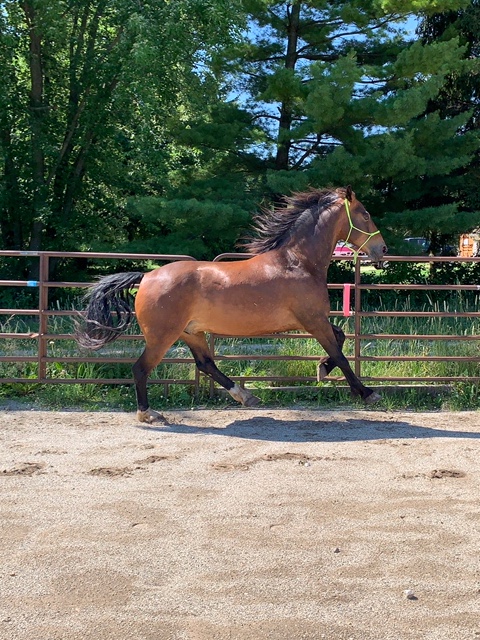
Journey Home Equine Rescue

Donate to Journey Home Equine Rescue!
Help us rescue and rehabilitate Journey Home Equine Rescue’s horses. Your donation goes directly to our horses to help with everything from special diets to dental care. Thank you!
$25.00
Welcome to Journey Home for Hope
Journey Home Equine Rescue was founded on October 1, 2018 to intervene on behalf of some of the amazing horses thrown away or let down by people, bound for slaughter or experiencing neglect. Working with compassionate volunteers, we find adoptable horses and bring them home to begin the long journey of rehabilitation, training and ultimately adoption into responsible and loving homes.
In past years, as many as 100,000 horses from the United States are slaughtered for human consumption abroad. Often times the victims of mistreatment and neglect, horses bound for slaughter suffer long before the terrifying and inhumane process of shipping and slaughter in Canada and Mexico. Additional thousands of horses suffer in silence, unsure of their fate and lacking a suitable home.
Many of the horses we rescue are mere hours away from being sold for slaughter, and upon arrival are in very rough shape, both physically and mentally. Through our patient and holistic treatment, our rescues receive quality veterinary care, are brought back to a healthy weight and are taught to trust humans once again. It is our mission at Journey Home to bring out the best in every horse we rescue and we believe every horse deserves a second chance!
Jane Smiley from “A Year At The Races”:
Most horses pass from one human to another – some horsemen and women are patient and forgiving, others are rigorous and demanding, others are cruel, others are ignorant.
Horses have to learn how to, at the minimum, walk, trot, canter, gallop, go on trails and maybe jump, to be treated by the vet, all with sense and good manners.
Talented Thoroughbreds must learn how to win races, and if they can’t do that, they must learn how to negotiate courses and jump over strange obstacles without touching them, or do complicated dance like movements or control cattle or accommodate severely handicapped children and adults in therapy work.
Many horses learn all of these things in the course of a single lifetime. Besides this, they learn to understand and fit into the successive social systems of the other horses they meet along the way.
A horse’s life is rather like twenty years in foster care, or in and out of prison, while at the same time changing schools over and over.
We do not require as much of any other species, including humans.
That horses frequently excel, that they exceed the expectations of their owners and trainers in such cirucmstances, is as much a testament to their intelligence and adaptability as to their relationship skills or their natural generosity or their inborn nature.
That they sometimes manifest the same symptoms as abandoned orphans – distress, strange behaviors, anger, fear – is less surprising than that they usually don’t.
No one expects a child, or even a dog, to develop its intellectual capacities living in a box 23 hours a day and then doing controlled exercises the remaining one.
Mammal minds develop through social interaction and stimulation.
A horse that seems “stupid”, “slow”, “stubborn”, etc. might just have not gotten the chance to learn!
Take care of your horses, and treasure them.
By: Jane Smiley
